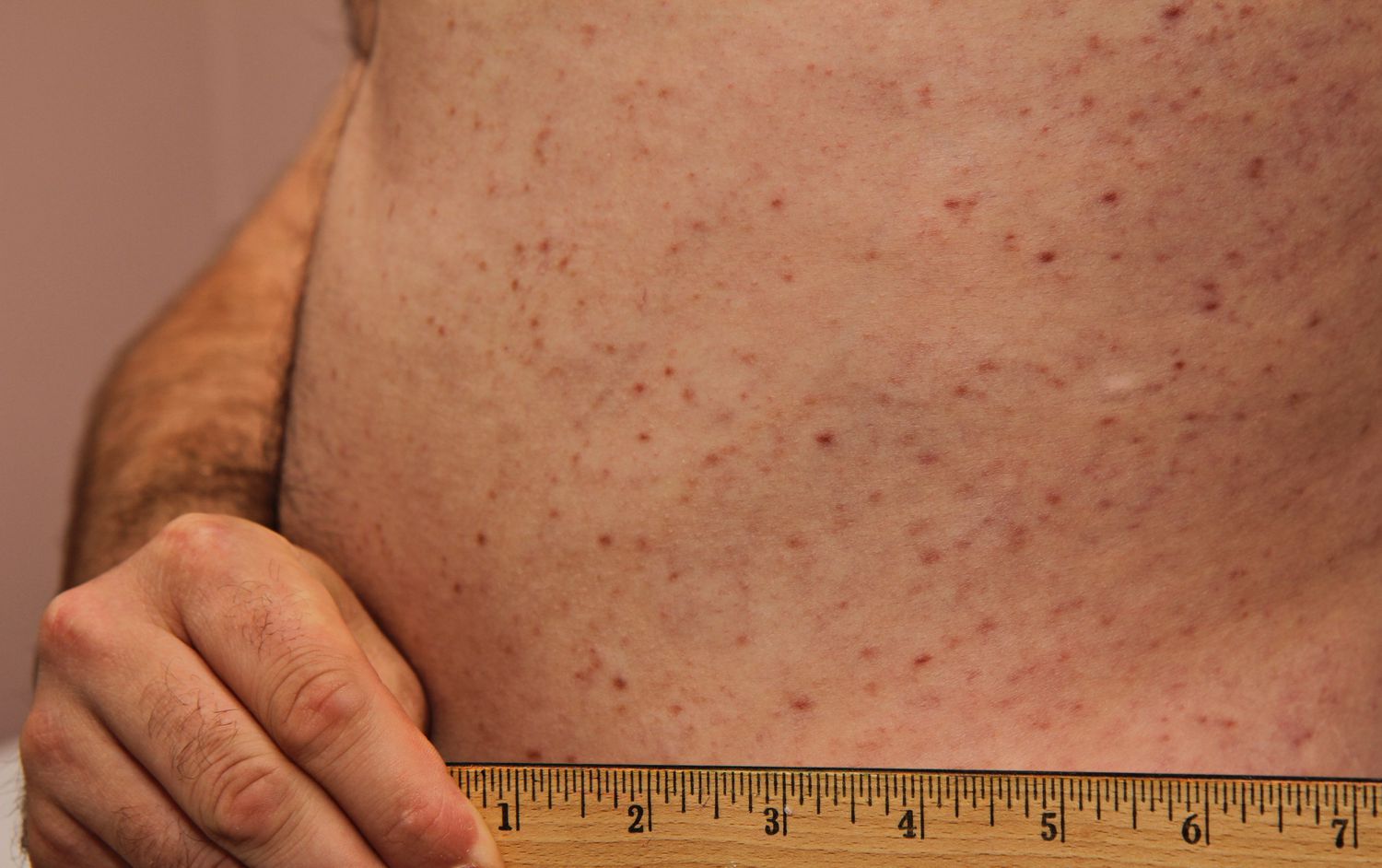As someone who’s spent years studying rare immunological conditions, I want to share what you need to know about mastocytosis – a condition that, while uncommon, can significantly impact those affected by it.
What Exactly Is Mastocytosis?
Imagine your immune system as a complex security network, with mast cells acting as specialized guards. These cells normally help protect us by releasing substances like histamine when they detect threats. But in mastocytosis, something goes wrong – your body produces too many mast cells, and they accumulate in various tissues where they shouldn’t.
Types and Symptoms: More Than Meets the Eye
Cutaneous Mastocytosis
The most common form affects the skin, creating reddish-brown spots or bumps that might itch or swell. Think of it like having overenthusiastic security guards stationed just beneath your skin’s surface, ready to react at the slightest provocation.
Systemic Mastocytosis
This more serious variant involves multiple organs. Your bone marrow, liver, spleen, and digestive tract might become home to these excess mast cells. Symptoms can include:
- Unexplained flushing or hives
- Stomach pain and digestive issues
- Bone pain or unexplained fractures
- Fatigue and weakness
- Difficulty breathing
- Rapid heart rate
Living with Mastocytosis: Practical Tips
Managing mastocytosis is like conducting a symphony – it requires careful coordination and attention to detail. Certain triggers can cause mast cells to release their chemicals, leading to symptoms. Common triggers include:
- Temperature changes
- Physical stress or exercise
- Certain medications
- Specific foods or beverages
- Strong emotions or anxiety
Treatment Approaches: A Multi-Faceted Strategy
Modern medicine offers several ways to manage mastocytosis. Antihistamines help control symptoms by blocking the effects of released histamine. Some patients benefit from mast cell stabilizers, which prevent these cells from releasing their chemical contents too easily. In severe cases, targeted therapies might be necessary to address the underlying genetic causes.
When Should You See a Doctor?
If you notice persistent unexplained rashes, frequent digestive issues, or unusual reactions to temperature changes or stress, it’s worth discussing these symptoms with your healthcare provider. Early diagnosis can make a significant difference in managing the condition effectively.
Hope on the Horizon
Research in this field continues to advance, with new treatments being developed and tested. While living with mastocytosis can be challenging, understanding your condition and working closely with healthcare providers can help you maintain a good quality of life.
Remember, while mastocytosis might be rare, you’re not alone in this journey. Support groups and online communities can provide valuable connections with others who understand your experiences firsthand. Stay informed, work closely with your healthcare team, and don’t hesitate to advocate for your needs as you navigate life with this condition.



